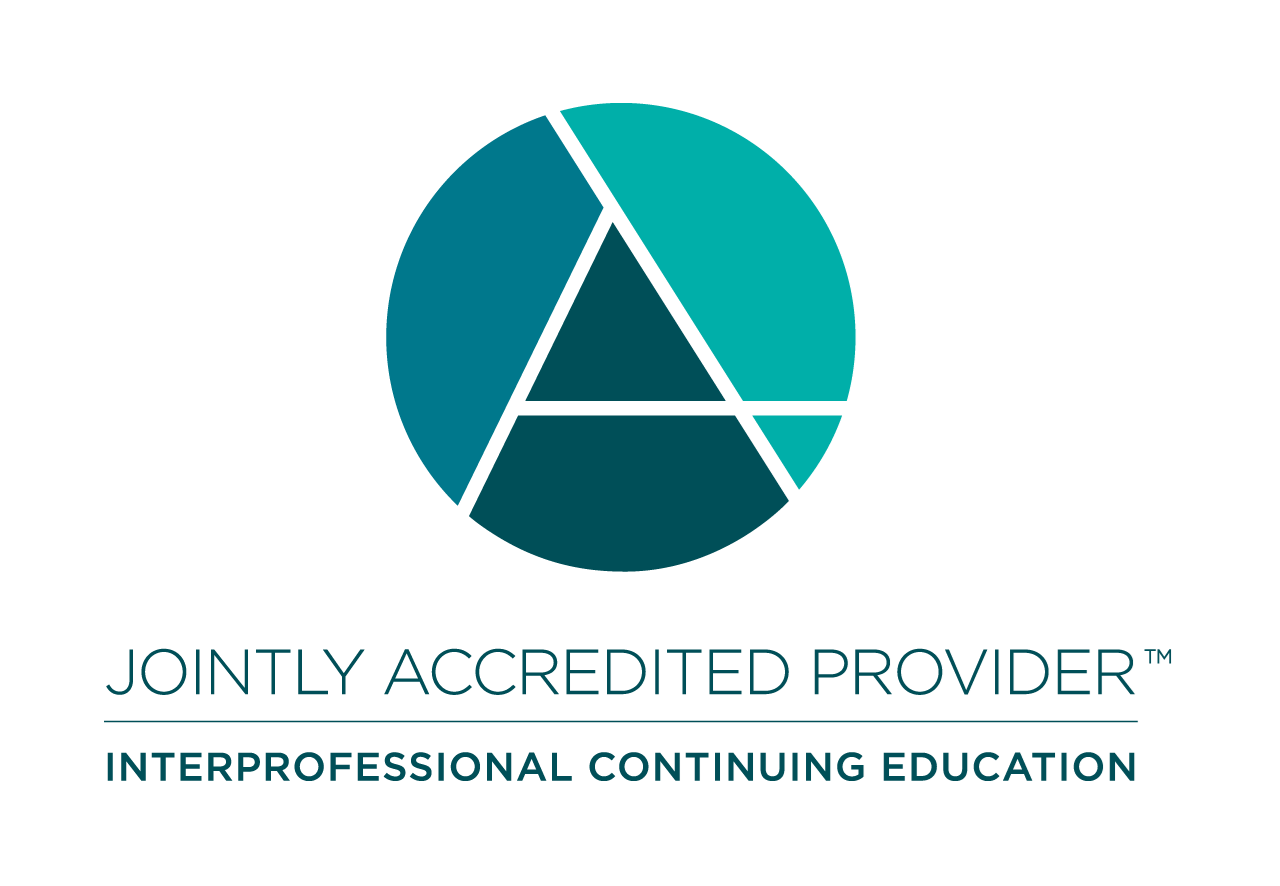Beyond Recovery: Thriving as a Health System Into the 2030s and Beyond
March 24, 2025 RecordingNot-for-profit health systems across the country are struggling to return to pre-pandemic operating performance as significant drug, supply and wage cost inflation; labor shortages; and increased competition are challenging the return to normalcy and contributing to deteriorating financial performance. While nearly all systems implemented traditional cost and performance improvement levers to optimize their performance and achieve financial turnaround, the usual playbook has proven insufficient to adequately address the scale of the challenge. Leading health systems that seek to not only survive on minimal operating margins but also to continue to grow and expand their impact can employ a broader suite of tools to enable them to navigate ongoing challenges. The headwinds of an aging population, deteriorating payer mix, accelerated cost inflation from high-cost drugs such as biologics and no end in sight to clinical workforce shortages have breached the traditional cost-subsidization wall that has been the historical lifeblood of hospital system operating performance. As the traditional model crumbles, forward-thinking systems can not only survive but also emerge into the future stronger and more agile, as well as deepen their community impact through a process of redesigning their system to overcome the challenges and accelerate the opportunities presented by the rest of this decade. This interactive session will equip leaders to chart a sustainable future for their organization based on contemporary examples of successful transformations, leading-edge strategic and financial planning approaches, and peer-to-peer sharing with other senior leaders on the same journey.
Learning Objectives:
- Discuss the impact of traditional performance improvement levers and their (in)sufficiency to bridge the gap between forecasted performance and sustainable operating margins.
- Identify the broader portfolio of levers that a system should consider and employ to redesign their system to thrive in 2030 and beyond.
Speakers:
Craig E. Deao
Managing Director
Huron
Molly Clark, PharmD
SVP, Chief Performance and Care Model Transformation Officer
Allina Health
Continuing Education Credit
ACHE Qualifying Education Credit
This recording is eligible for 1 ACHE Qualifying Education credit.
ACHE Education credits will be automatically updated in your My ACHE account upon completion of the recording.
Interprofessional Continuing Education Credit
In support of improving patient care, the American College of Healthcare Executives is jointly accredited by the Accreditation Council for Continuing Medical Education (ACCME), the Accreditation Council for Pharmacy Education (ACPE), the American Nurses Credentialing Center (ANCC), and the American Academy of PAs (AAPA) to provide continuing education for the healthcare team.
This activity was planned by and for the healthcare team, and learners will receive a maximum of 1 Interprofessional Continuing Education (IPCE) credit for learning and change. For further information about Joint Accreditation credits and certificates, please click here.
Physician Continuing Medical Education
The American College of Healthcare Executives (ACHE) designates this live activity for a maximum of 1 AMA PRA Category 1 Credits™. Physicians should claim only the credit commensurate with the extent of their participation in the activity.
Continuing Nursing Education
The American College of Healthcare Executives designates this live activity for a maximum of 1 contact hours of continuing nursing education.
Continuing Pharmacy Education
The American College of Healthcare Executives designates this knowledge-based activity for a maximum 1 contact hours of continuing pharmacy education credit.
Continuing Social Work Education
The American College of Healthcare Executives designates this knowledge-based activity for a maximum 1 contact hours of continuing social work education credit.
Physician Associate/Physician Assistant Continuing Education
The American College of Healthcare Executives has been authorized by the American Academy of PAs (AAPA) to award AAPA Category 1 CME credit for activities planned in accordance with AAPA CME Criteria. This activity is designated for a maximum of 1 AAPA Category 1 CME credits. PAs should only claim credit commensurate with the extent of their participation.




